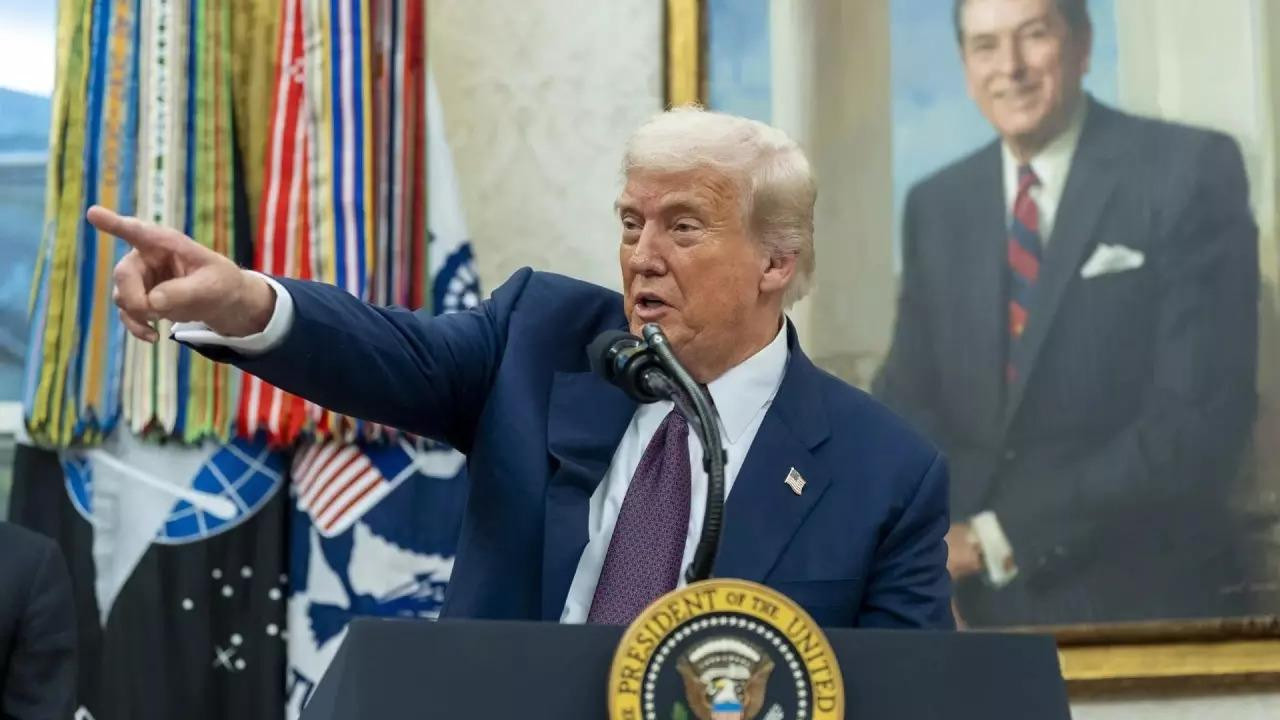Britain plans a significant boost to its defence industry. The government will invest £1.5 billion in new weapons factories. This aims to increase production capacity. The move comes ahead of a major defence review. The review will address the threats from Russia, China, Iran and North Korea. The UK also plans to increase defence spending to 3% of GDP.
Britain’s Reloading: A Behind-the-Scenes Look at the UK’s Defense Industry Revamp
Okay, so the world’s feeling a little…edgy lately, wouldn’t you agree? From geopolitical rumblings to outright conflicts, the news is a constant stream of tension. And, naturally, nations are re-evaluating their strategies. Britain, it seems, is taking a particularly proactive approach to its defense posture.
We’re not talking about just more soldiers or flashier jets (though those are probably part of the equation too). We’re talking about a fundamental shift in how the UK plans to ensure its security: beefing up its own ability to make the tools of defense. Think fewer reliance on external suppliers, and a stronger, more resilient domestic industry capable of cranking out everything from artillery shells to, well, you name it.
The headlines might read: “UK Boosts Weapons Production Capacity,” but behind that statement lies a much more nuanced story. It’s a story of economic strategy, of national security concerns, and even, dare I say, a touch of renewed national pride.
So, what exactly is happening? Essentially, the British government is pouring investment into its defense manufacturing sector. We’re talking about upgrades to existing factories, incentivizing new production lines, and generally greasing the wheels to make it easier and more attractive for companies to build weapons and related equipment within the UK’s borders.
Why now? Well, several factors are likely at play. The most obvious is the ongoing war in Ukraine. It’s been a stark reminder that relying on allies alone for vital supplies might not always be enough, especially during a prolonged conflict. Global supply chains, already strained by the pandemic, have proven fragile and vulnerable to disruption. Bringing production closer to home mitigates these risks.
Beyond Ukraine, there’s a growing awareness of the increasing complexities of the global security landscape. From China’s growing military might to the rise of non-state actors, the threats are multifaceted and constantly evolving. A robust domestic defense industry provides the UK with the flexibility to respond to these emerging challenges more quickly and effectively. Think of it like being able to bake your own bread instead of relying on the global bakery suddenly deciding to cut you off.
But this isn’t just about responding to immediate threats. This initiative hints at a longer-term strategic vision. By strengthening its defense industry, the UK hopes to position itself as a more reliable partner to its allies, able to contribute more substantially to collective security efforts. This isn’t just about defending British soil; it’s about projecting power and influence on the global stage.
Now, let’s talk brass tacks (pun intended). What kind of impact will this have? On the economic front, it’s likely to create jobs and stimulate innovation. Defense contracts tend to be lucrative and involve cutting-edge technology, so this investment could be a boon for the UK’s manufacturing sector as a whole. A skilled workforce developing advanced defense systems can easily translate its expertise to other sectors too.
However, it’s not all sunshine and roses. There will undoubtedly be challenges along the way. Building up a robust defense industry takes time, money, and skilled labor – all of which are in short supply in many parts of the world. Moreover, there are ethical considerations to grapple with. Increased weapons production inevitably raises questions about the role of the arms industry in fueling conflict and instability. It’s a delicate balancing act between ensuring national security and promoting global peace.
It will also mean a shift in political winds. Investment in arms and defense are hardly popular for peace-loving nations, and might have ripple effects domestically, and in foreign policy with other nations.
Furthermore, there is the question of sustainability. As the global trend moves towards green solutions, investment in the defense industry may present challenges for the UK. But the UK government can certainly leverage this opportunity to lead the way to a more sustainable defense industry that meets climate goals.
The UK’s move to bolster its defense production capacity is a significant development with far-reaching implications. It’s a response to the changing geopolitical landscape, a bet on the future of British manufacturing, and a statement about the UK’s role in the world.
Ultimately, whether this strategy proves successful will depend on a variety of factors, including the UK’s ability to attract investment, train a skilled workforce, and navigate the complex ethical and political considerations that come with being a major arms producer. It’s a gamble, but one that the British government clearly believes is worth taking. The stakes, after all, are nothing less than national security. We’ll be watching closely to see how this unfolds.
📬 Stay informed — follow us for more insightful updates!







